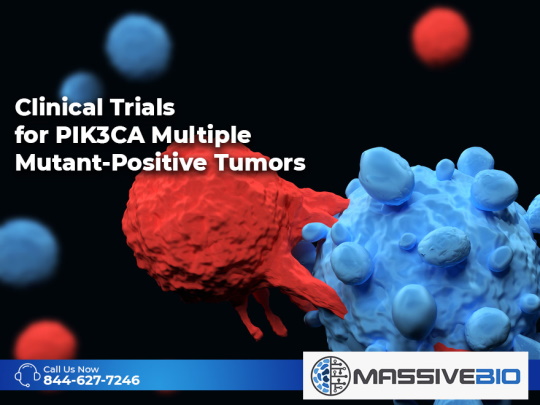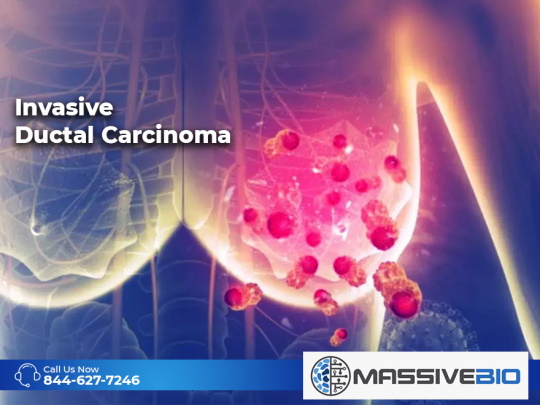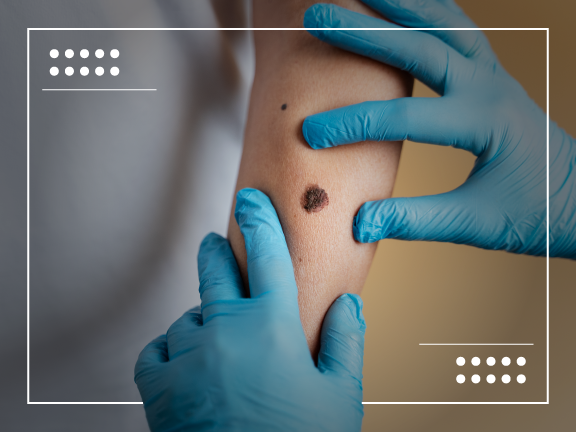Clinical Trials for PIK3CA Multiple Mutant-Positive Tumors are research studies intended to evaluate the effectiveness and safety of new cancer treatments for patients who are positive for the PIK3CA gene mutation. Similar to other gene mutations, PIK3CA is involved in multiple signaling pathways associated with cell growth and division. Tumors that are associated with PIK3CA are often more aggressive, have a worse overall prognosis, and an increased rate of recurrence.
In smaller studies, the PIK3CA gene mutation has been identified in an estimated:
- 30% of breast cancers
- 20% of colon cancers
- 10% of head and neck cancers
- 5% of non-small cell lung cancer cases
Although less common, this gene mutation can also be found in:
- Bladder cancer
- Cholangiocarcinoma (bile duct)
- Ovarian cancer
- Stomach cancer (gastric)
How is the PIK3CA Mutation Tested?
In order to qualify for Clinical Trials for PIK3CA Multiple Mutant-Positive Tumors, cancer patients need to get genetic testing in order to confirm they have the mutation present. There are many different options available for genetic testing. Some facilities offer testing for a smaller subset of genes, while other tests look at the entire genomic sequence, also known as Next Generation Sequencing (NGS). Consult your doctor to discuss which genetic test is most suitable for your case. For those who haven’t been diagnosed with cancer, genetic testing can help you understand your risk from both inherited mutations, and mutations developed over the course of your lifetime.
How are PIK3CA Mutant-Positive Tumors Treated?
There are a total of 19 Clinical Trials for PIK3CA Multiple Mutant-Positive Tumors. However, there are many more trials that are available to treat various cancer types that are not specific to the PIK3CA gene. Every patient is different, and you should consult your doctor to see if you are eligible for a clinical trial or if new research treatments could benefit you.
To treat specific gene mutations, clinical trials evaluate new treatments that target cancer cells and inhibit specific mutations/pathways. These treatments are known as immune checkpoint inhibitors (ICI) and targeted therapies. They have both received a lot of attention in clinical research in the past few years. ICI and targeted therapies may be more effective than standard treatments such as chemotherapy or radiation because they do not address the driving force of the tumor, which can be the gene mutations present. In 2019, the first approved treatment for the PIK3CA mutation was Piqray (alpelisib), a targeted therapy for advanced breast cancer. Although there are no other approved therapies currently, more targeted therapies and immunotherapies for various cancer types related to the PIK3CA mutation are being evaluated for use in clinical trials and are available for eligible cancer patients to enroll in. Some of these new drugs include:
- Dactolisib
- Apitolisib
- Gedatolisib
- Buparlisib
- Duvelisib
- Copanlisib
- Idelalisib
- Alpelisib
- Taselisib
- Pictilisib
Sources:
http://education.questdiagnostics.com
http://targetedcancercare.massgeneral.org/PIK3CA
https://www.cancer.org/pik3ca-inhibitor-for-breast-cancer
https://molecular-cancer.biomedcentral.com/articles












